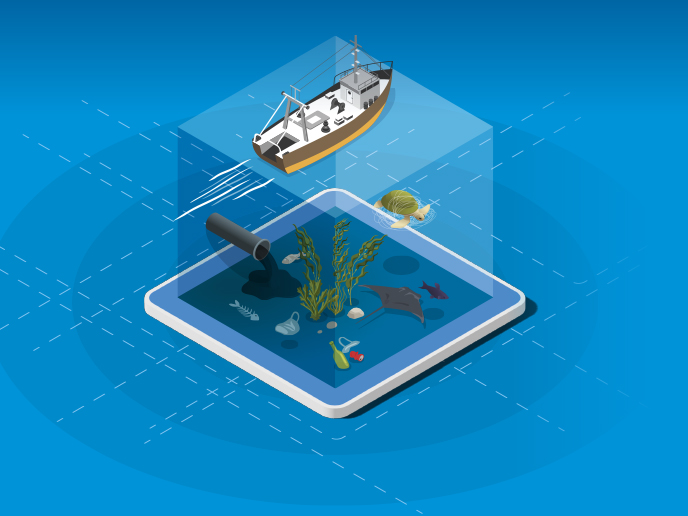I - Scientists act to protect marine ecosystems across 16 European regions
We want our findings to be not only relevant, but also actionable across various European climates.
Myron Peck, ACTNOW project coordinator
How do you advance fundamental research on environmental stressors impacting marine habitats and ecosystems, while collaborating with regional policymakers to ensure this knowledge actually leads to concrete action? This complex but vital question is at the heart of the EU-funded ACTNOW project. It is developing workable solutions across 16 regional case studies to help preserve European seas and coastal zones. Across the wide landscape of EU projects striving for marine ecosystem preservation, ACTNOW differentiates itself through a unique, participative approach. “Instead of delivering results exclusively for the scientific community, we work directly with regional stakeholders,” explains Myron Peck, project coordinator on behalf of the University of Hamburg in Germany. “We want our findings to be not only relevant, but also actionable across various European climates, from eutrophication in the icy waters of Norway to bio-invasions near the warm shores of Türkiye.” Part of these efforts will focus on data standardisation, clustering information into comprehensive databases to facilitate broad, transnational analyses that are crucial for understanding and combating the multifaceted effects of climate change on marine life. Ultimately, the project team expects to deliver models able to make projections of the impacts of multiple stressors on marine life. But there’s more to it, according to Peck. “We’re developing close relations with stakeholders involved with environmental policy and management. We organise workshops, questionnaires and stakeholder meetings to help shape practical strategies local and regional authorities can implement. This means clarifying the needs for specific research, providing science-based advice and making sure that our results are understandable to all kinds of audiences.” With three years of research still ahead of them and fieldwork in full swing, the project team’s integrated strategies and regional focus look poised to make a lasting impact on marine conservation efforts across Europe.
Keywords
blue carbon, ocean-climate-biodiversity nexus, climate mitigation and adaptation, natural carbon sequestration, ecosystem services, marine biodiversity, ecosystem functioning, functional ecology, maritime spatial planning, ecosystem-based approach



